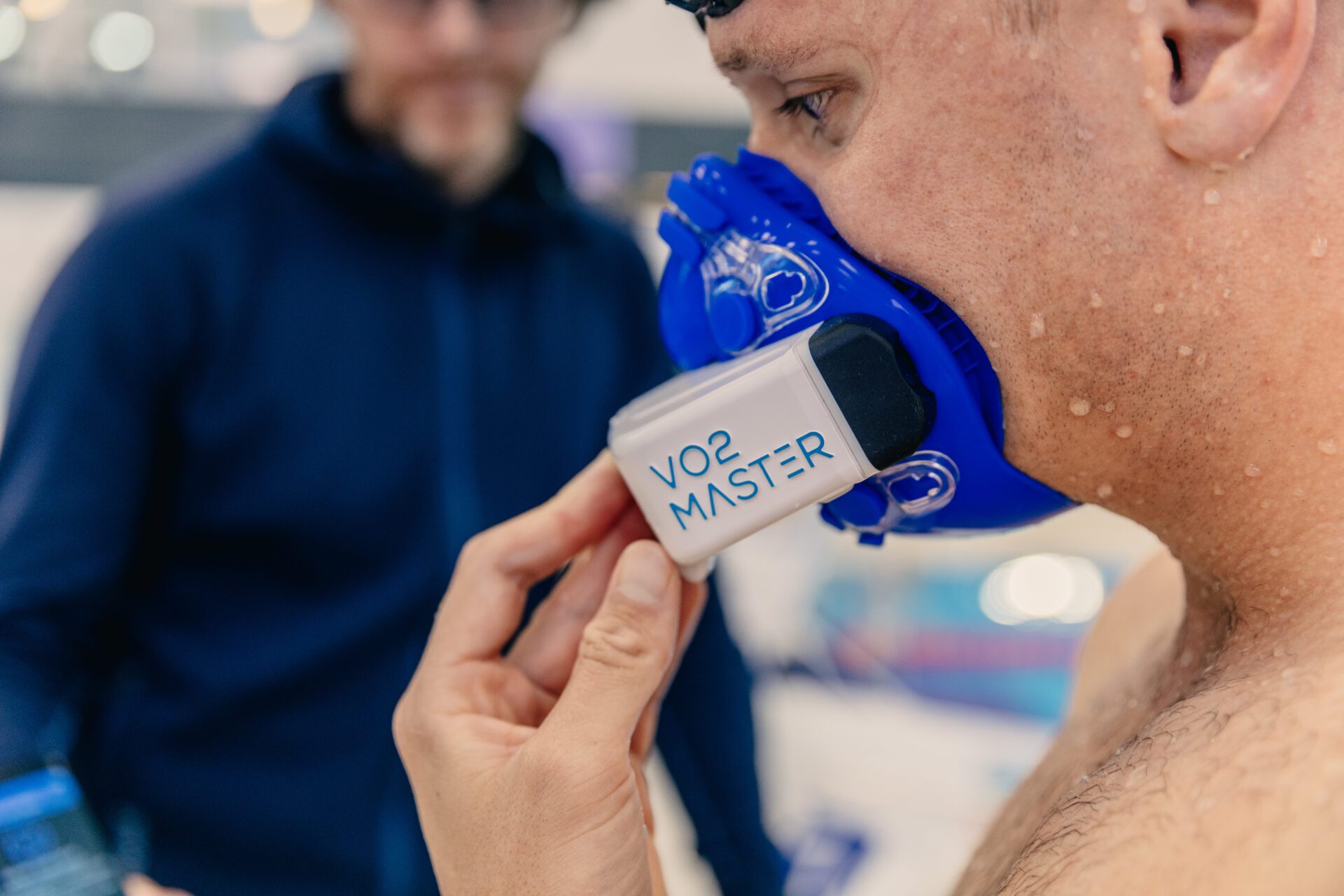The Norwegian Method: Kristian Blummenfelt and Gustav Iden Talk About Life as Pro Triathletes
In episode 5 of The Norwegian Method, Dr. Lipman talks with Kristian Blummenfelt and Gustav Iden about their lives as professional triathletes.

This is the sixth episode in season two. If you haven’t yet listened to Episode 5, click here to read our ten takeaways and listen to the episode in full.
In Episode 6 of The Norwegian Method Podcast’s second season, presented by Santara Tech, host Dr. David Lipman meets Kristian Blummenfelt and Gustav Iden in their hometown of Bergen, Norway, to discuss:
- The contrast of training at home vs. at camp
- Their diets outside of training camp
- The dynamics of their personal relationship
- Past mistakes and learnings
- The best coaching advice they’ve ever received
Check out our eight favourite points from episode six.
1. The Norwegian Method: The Environment at Training Camp vs. at Home
While Gustav is more of a fan of being home than Kristian, both athletes agree that it’s nice to mix it up between locations.
At home, they get comfort and convenience, but at camp, they’re inspired by being in new locations or going back to places they already know well.
2. Their Support Systems and Training Partners in Bergen
Being at home brings with it a refreshing social element.
Gustav explains that he enjoys going to the swimming pool at home because it gives him lots of input from other great athletes. He finds it inspiring to watch them train, see what they’re doing, and socialize with them on the pool deck.
Both Kristian and Gustav agree it’s exciting to see such a high volume of endurance athletes in their hometown.
3. Training in Nature in Bergen
While Bergen offers abundant open water and roads, there’s only a short window where the boys can train outdoors.
They both enjoy training at altitude, but Gustav says he also likes to incorporate trail running into his hometown training regimen because he finds it meditative.
4. Kristian and Gustav’s Diet Outside of Training Camp
Kristian prefers to eat more long carbohydrates, such as oats, rice, potatoes, and pasta. Then, he incorporates more short carbohydrates into training just before his sessions.
Gustav tries to ensure the majority of his diet is normal food, such as pasta, BBQ, and potatoes. He also enjoys eating bread before sessions, especially with Nutella, and some ice cream for dessert. He’s also a big fan of drinking chocolate milk while in Bergen, as it’s an easy source of calories.
Despite their massive caloric needs, neither of them tracks their calories. They did for a while, but it became too time-consuming, so now they’ve learned how to eat intuitively instead.
When training at home and having access to a kitchen, it’s less challenging to sustain their caloric intake than it is at training camp. It’s also easier to ensure they’re in a rhythm of consuming calories quickly after training.
As long as their routines are in place, they both find it easy enough to stay on top of.
5. The First Time The Boys Became Aware of One Another
Contrary to popular belief, Gustav and Kristian knew of one another even before juniors.
Kristian came from a swimming background, and Gustav from cycling, but both did mountain trail racing, so they became aware of one another early on.
This is no surprise since they were the only 12-year-old kids placing in the top 40 in these big mountain races.
Both of them thought it was cool to know there was someone else like them in their hometown.
6. The Worst Part About Racing One Another
Since they train together so much, they both know each other’s strengths and weaknesses. So, it can be hard to hide their game plan or strategize against each other.
On the flip side, they both say seeing the other one struggling can be hard.
7. Debriefing and Reflecting on Mistakes
Post-race, Kristian is more dedicated to examining his performance to learn about the good, the bad, and the ugly. Gustav prefers to put the race behind him and move on.
When asked about mistakes they’ve made and learned from in the past, Gustav reflects on one specific incident.
Just after a disappointing performance in Kona, he got off the island and moved on to the next race. While this can sometimes be good, it’s not always what he needs.
In this case, he didn’t give himself time to debrief. Instead, he went straight to Los Angeles to do a podcast and uphold his sponsorship obligations.
So, heading into his next race in St. George, he was tired and unprepared but forced himself to do it anyway.
Gustav’s big takeaway from this situation was that it’s important to take time to do what you need to do and ensure you’re setting yourself up for success going forward.
8. The Best Coaching Advice They’ve Ever Received
While Gustav and Kristian do a lot of their training without a coach, they both agree that the best advice they’ve been given is to take more control of their training. After all, coaches are there for guidance, but it’s ultimately up to the athlete to own it, modify it, and make it work for them.
Beyond that, the advice they were given to ensure they were still having fun and finding playfulness in training has stuck with them both.
If you’d like to learn more, you can listen to episode 6 in its entirety. You can also find brand-new video content and previous episodes from The Norwegian Method on the VO2 Master blog.